15 July 2022 — Together with the City University of Hong Kong’s Laboratory of Empirical Research for Future Interfaces, NUS Computing’s NUS-Human Computer Interaction (HCI) Lab and the Smart Systems Institute (SSI) conducted a six-day bootcamp on smart glasses for university students in mid-May.
Forty students with various academic backgrounds and a keen interest in smart glasses took part in the bootcamp, which took place at Innovation 4.0 at NUS. Bootcamp participants included twelve undergraduate and thirteen graduate students from NUS Computing, as well as students from other countries such as Hong Kong, Europe, and the United States.
Called the Future Interaction for Smart Glasses, this was the first time the summer bootcamp was conducted, and comprised seminars and hands-on learning opportunities, with the aim of nurturing the next generation of innovators in the region and around the world.
During the camp, participants attended foundational seminars on the core concepts that influence innovation behind smart glasses. They learnt key concepts in Heads-Up Computing and Mobile Computing seminars, which are crucial to developing better interactions involving smart-glasses. Participants also learnt about fundamental research methodologies and APIs for supported platforms, which would prepare them for future, industry-relevant work.
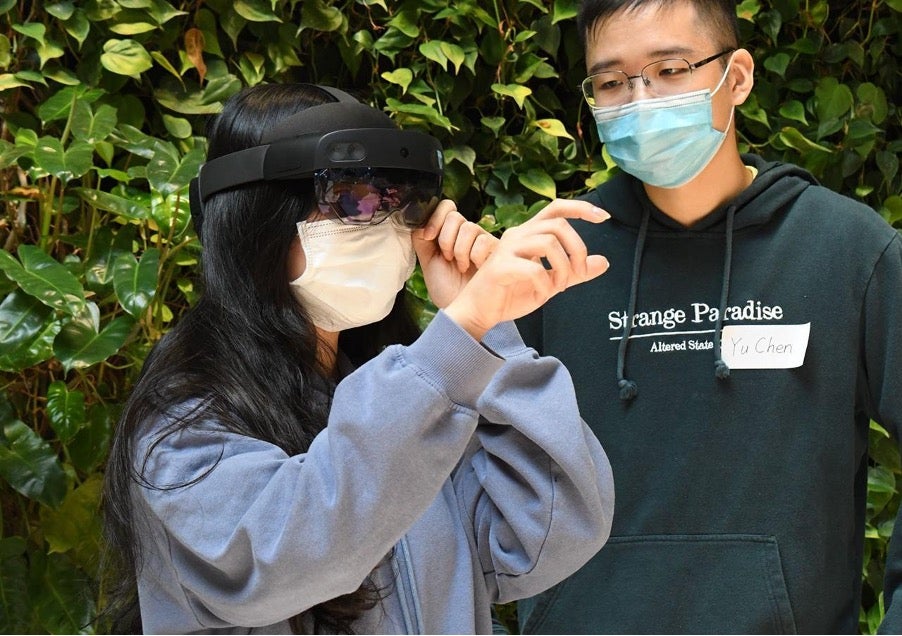
Then, participants rolled up their sleeves and got busy with an ideation session and a three-day hackathon that required them to come together and develop creative ideas that they could implement with augmented reality (AR) smart glasses, such as reimagining the way people make payment on traditional devices with 3D virtual models in the form of interactive coins and piggy banks to simulate the action of transaction.
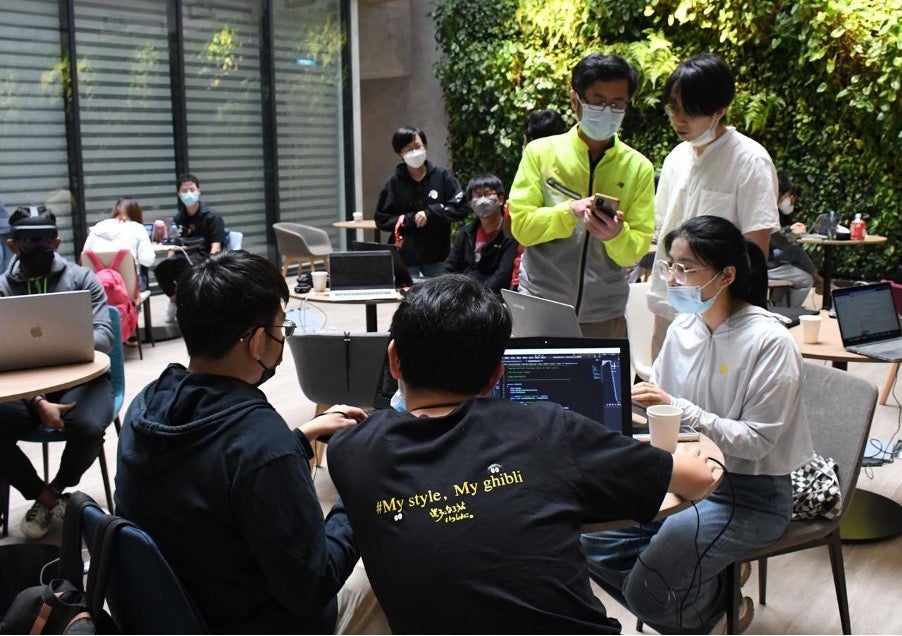
All participants were also provided with a formal certification at the end of the bootcamp, and top student teams walked away with prizes at the hackathon.
“It was the first time many students tried on a pair of smart-glasses. Many of them felt prepared to embrace this technology in their personal capacity after the bootcamp. As such, we believe the first bootcamp was a huge success,” said bootcamp organiser and NUS Computing Associate Professor Zhao Shengdong, who is also the founder of the NUS-HCI Lab.

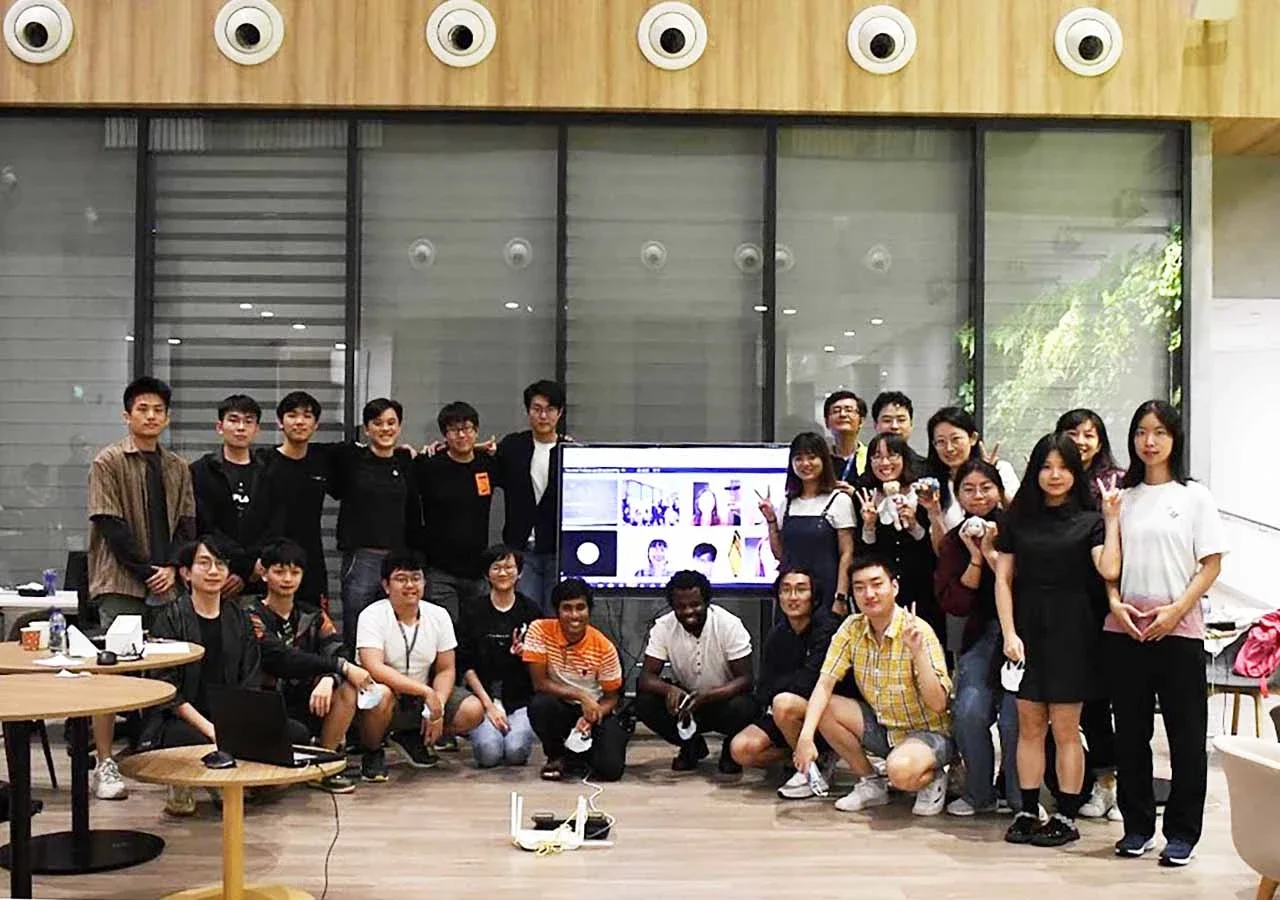
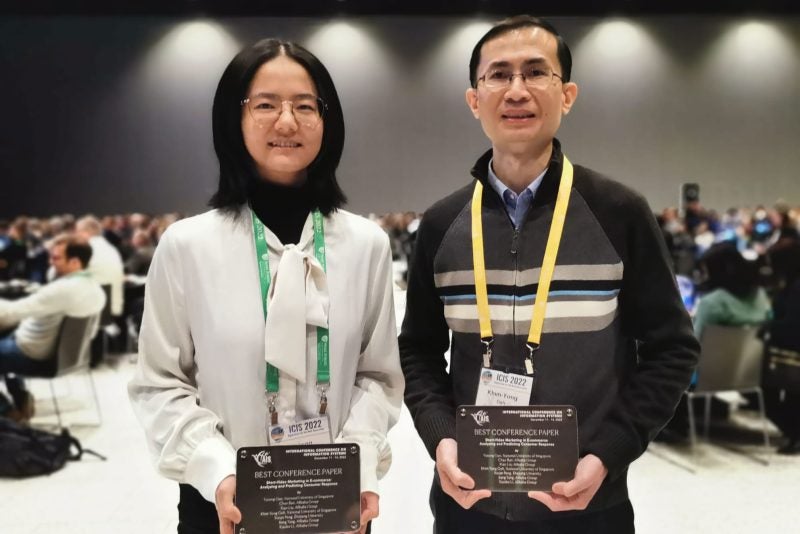

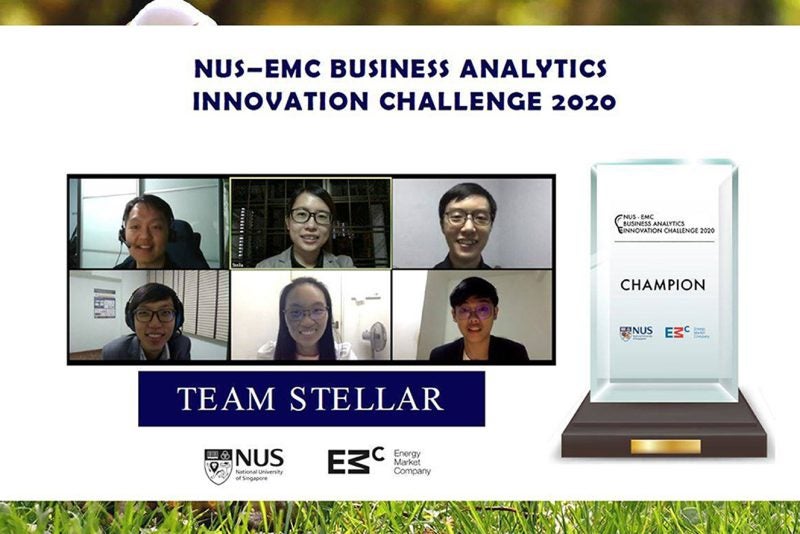

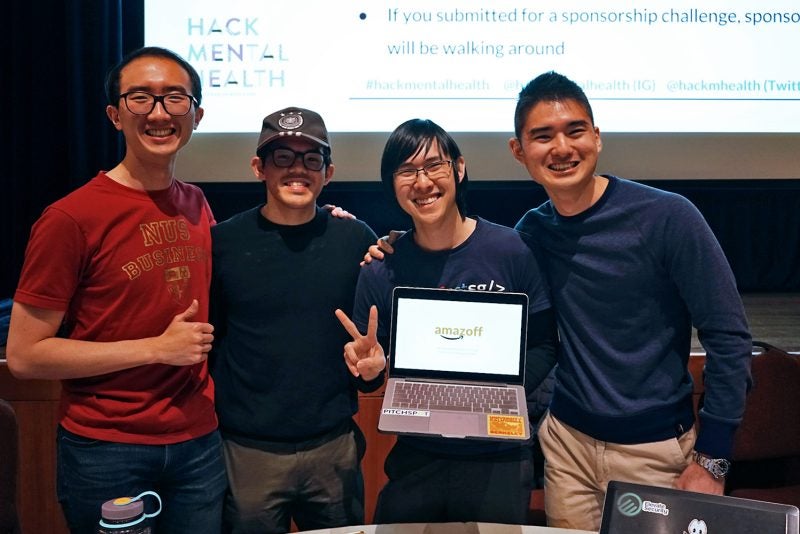
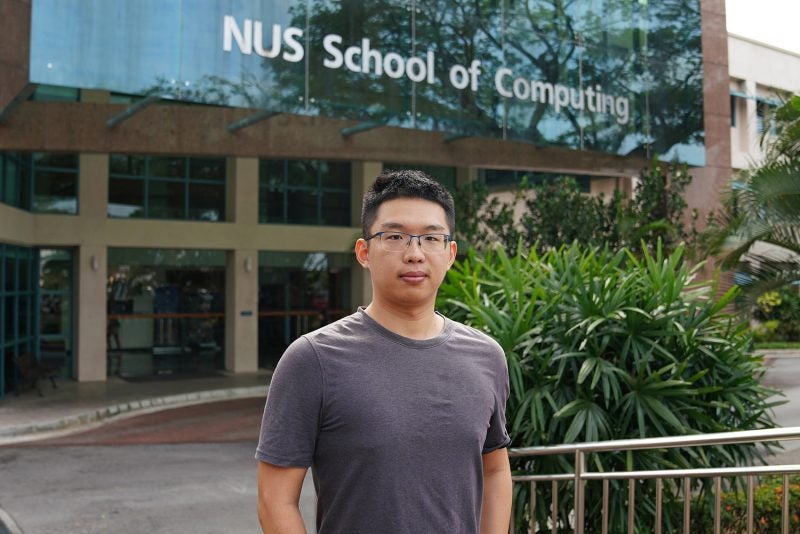
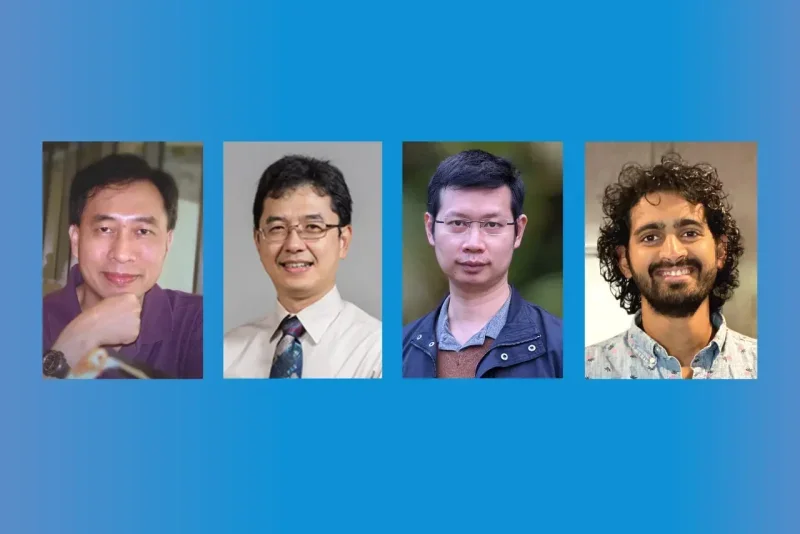
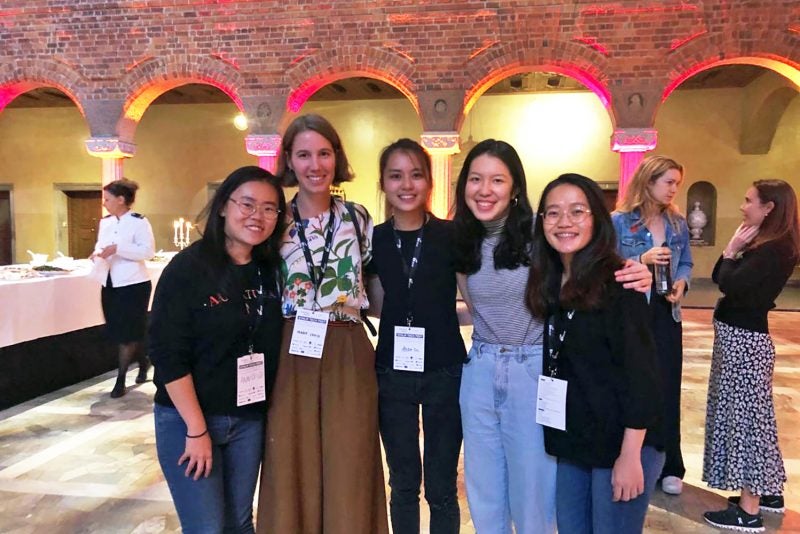
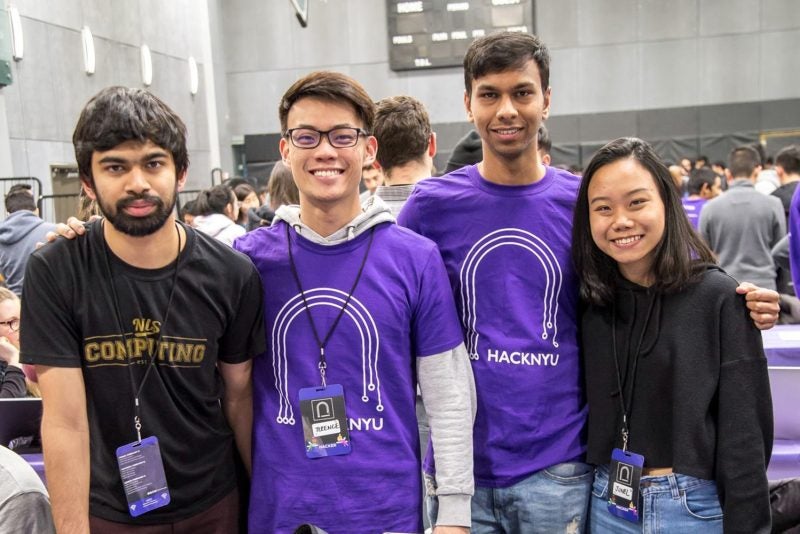

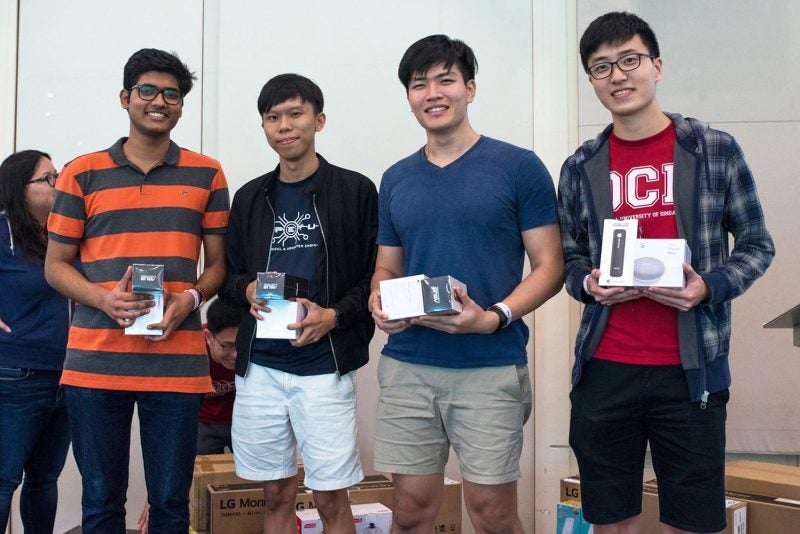
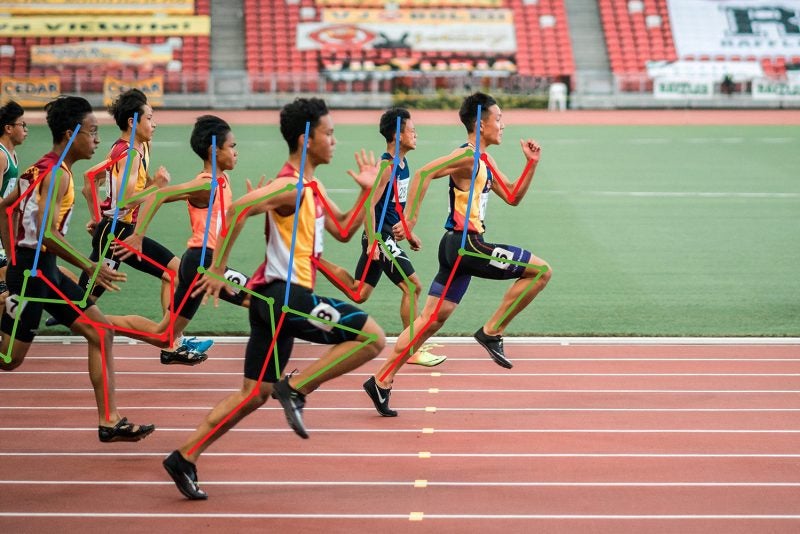
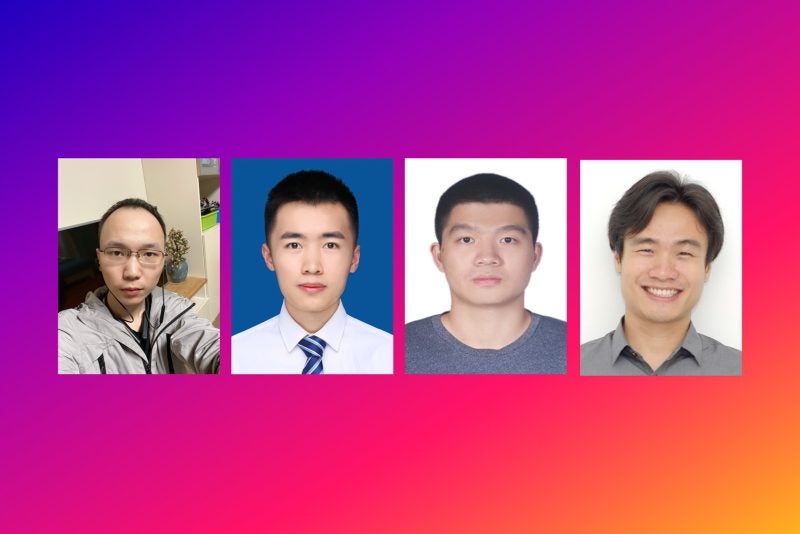
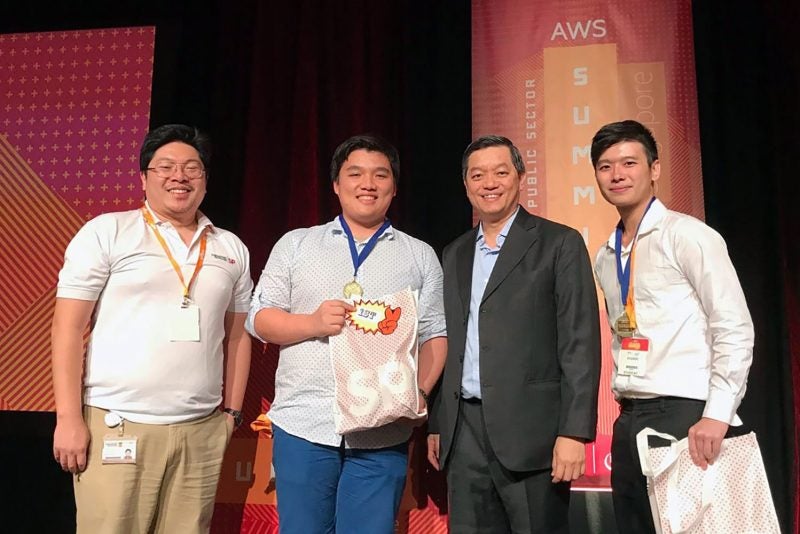
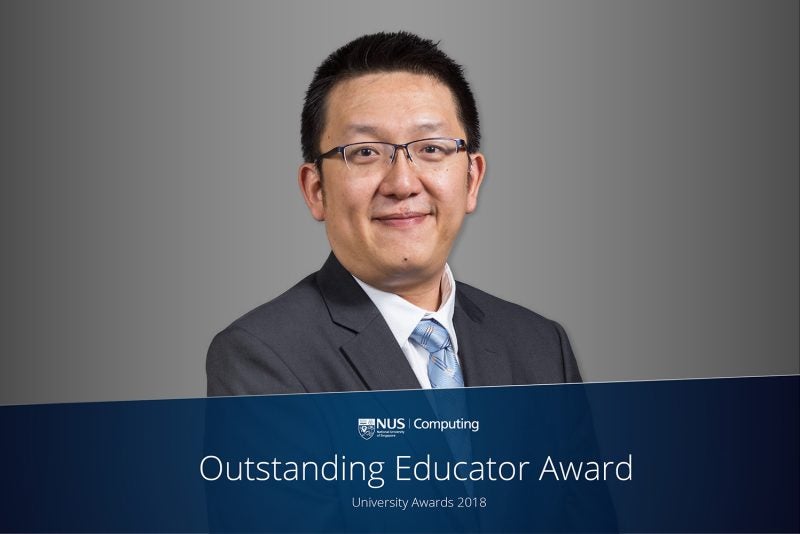
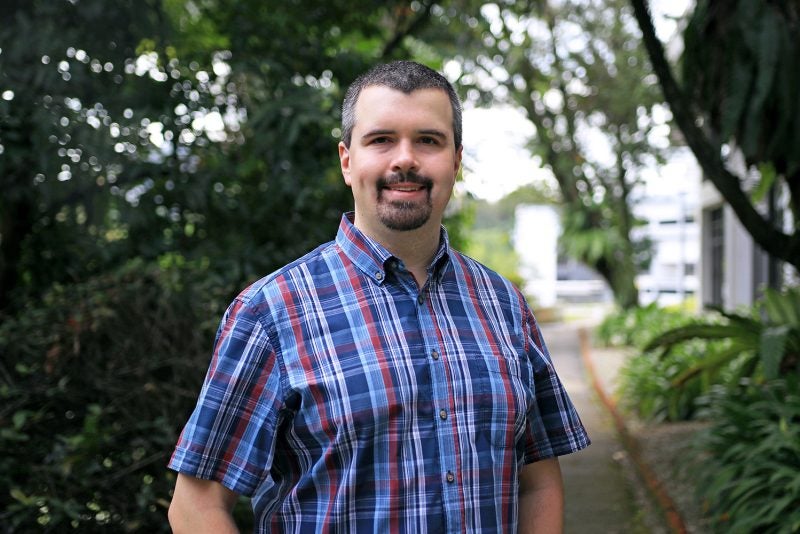
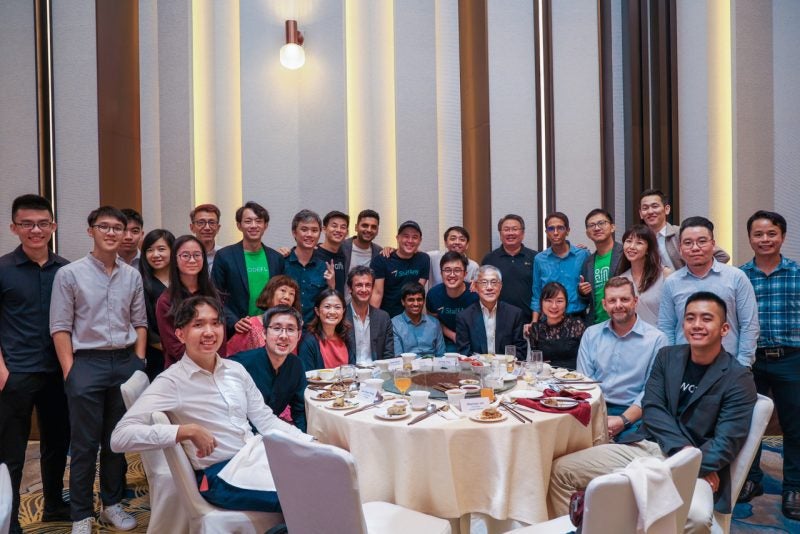
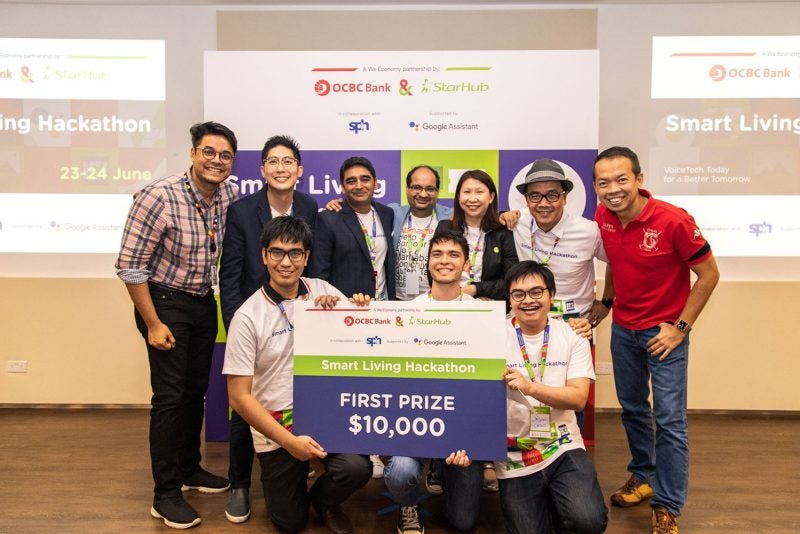
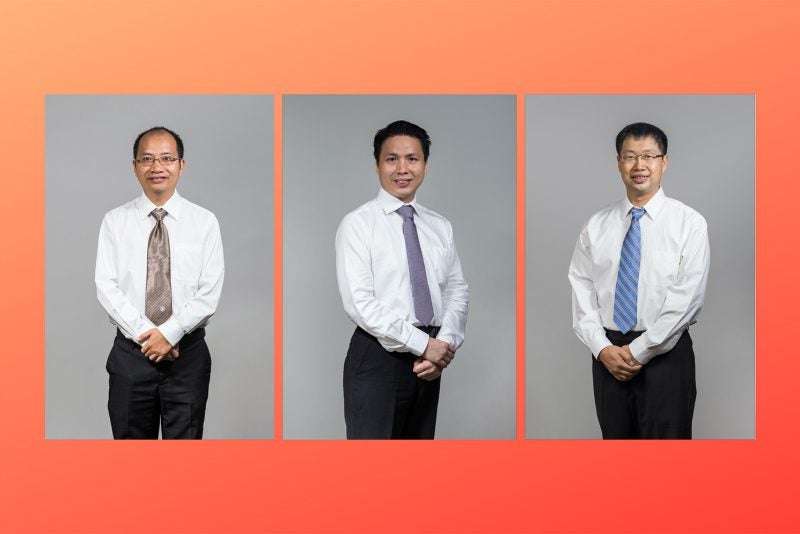
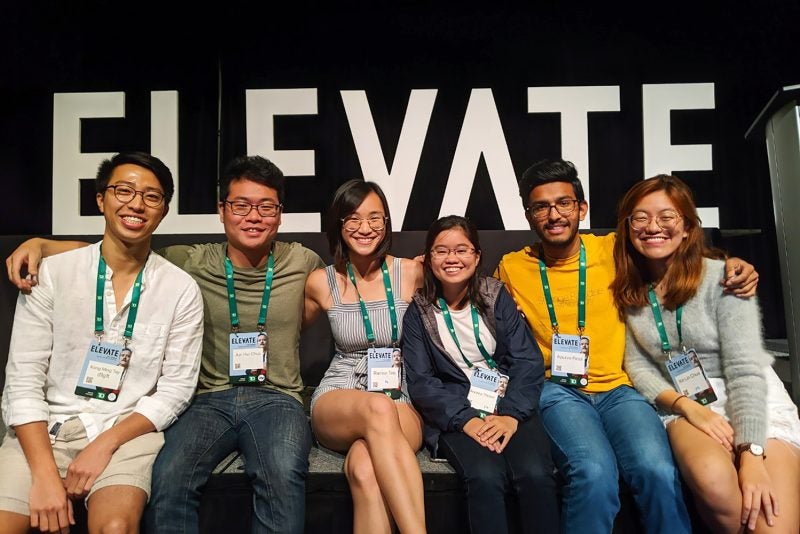

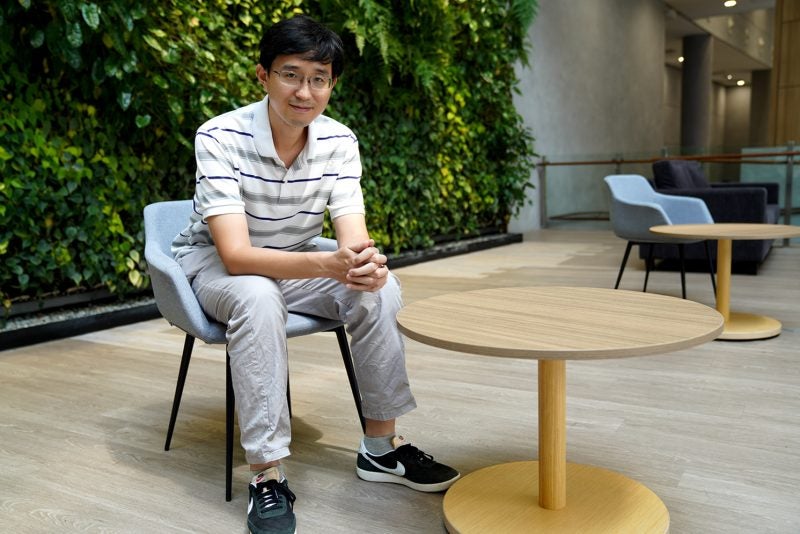
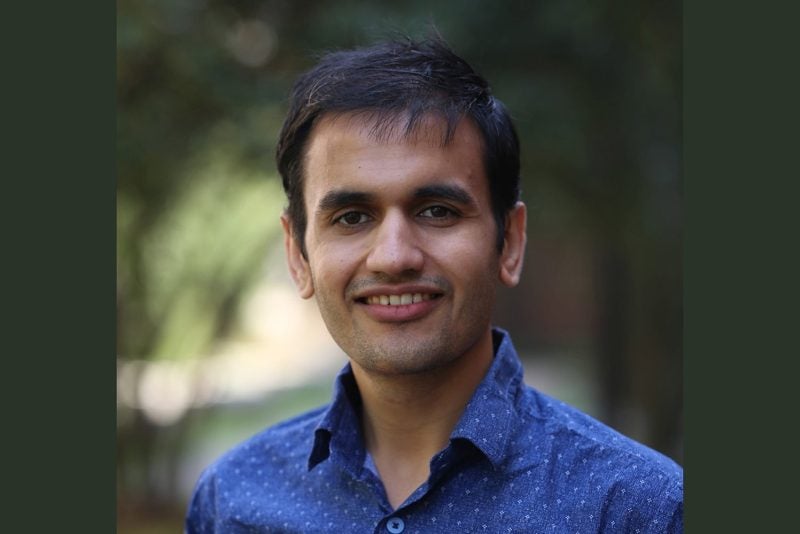
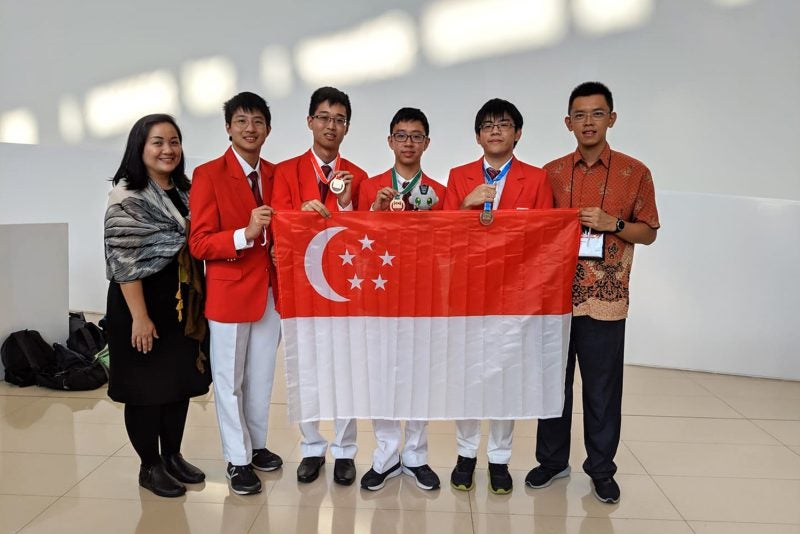
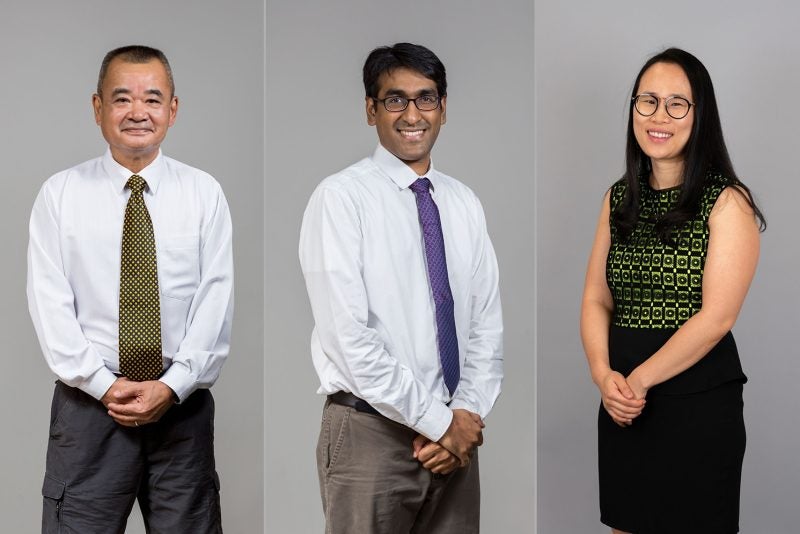
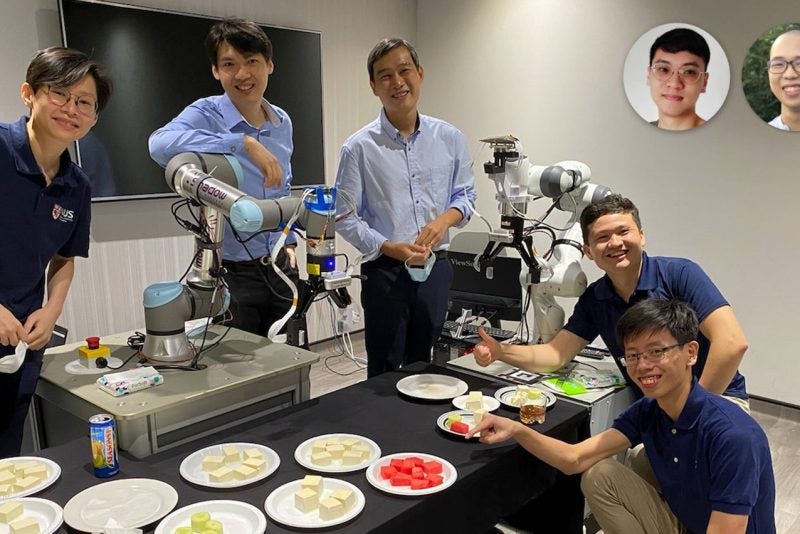
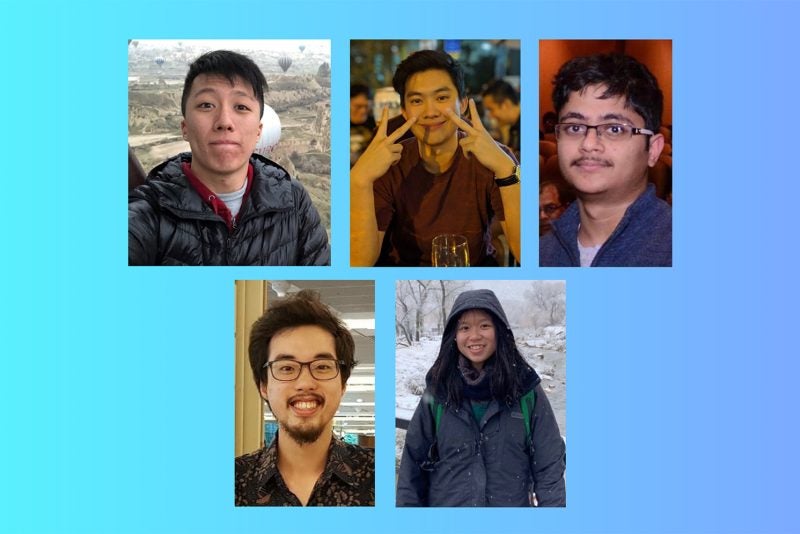
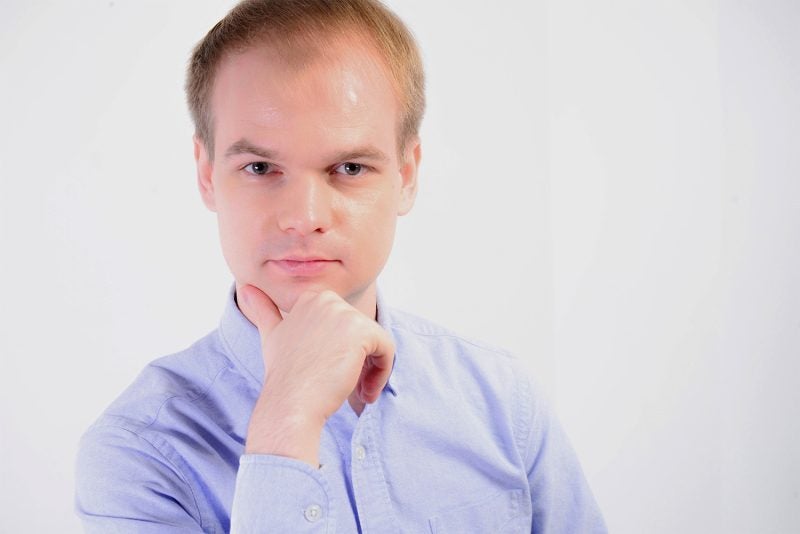
Assistant Professor Yair Zick: Ethics in Artificial Intelligence